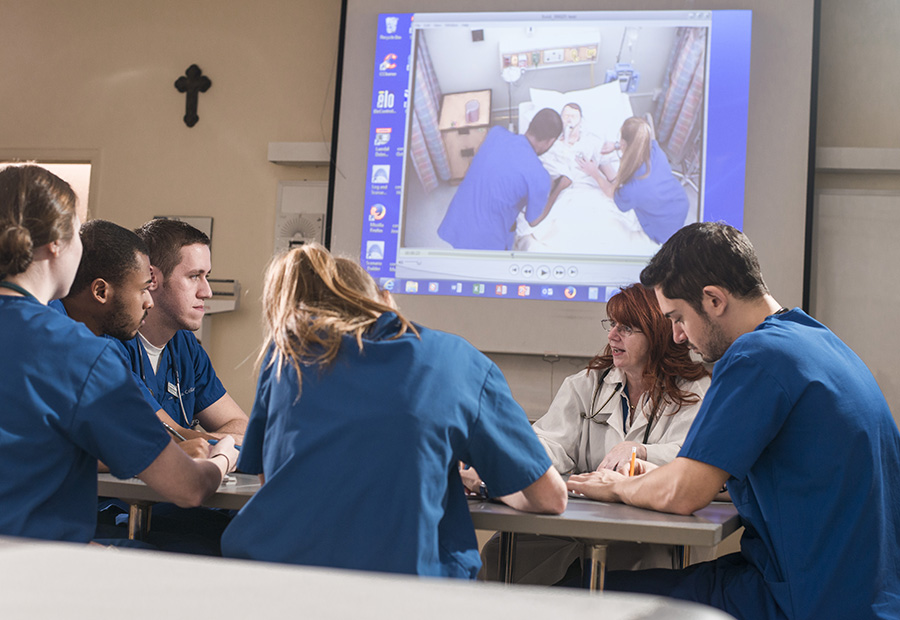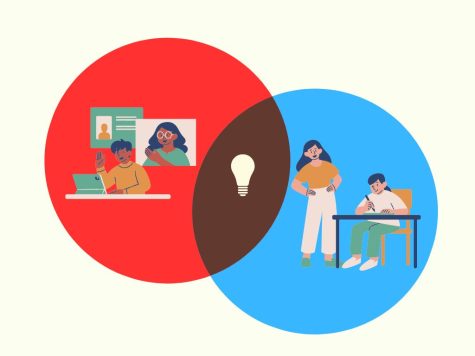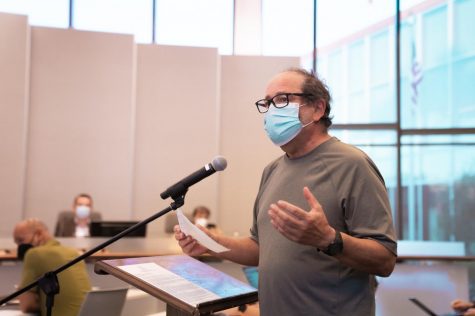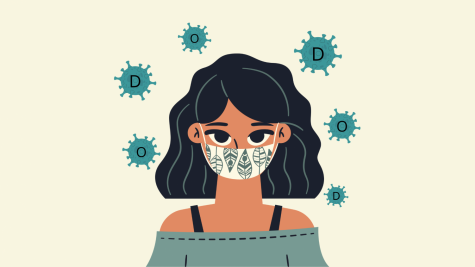De Anza nursing program works to ensure students are eligible for COVID-19 vaccinations
De Anza College students in the nursing program are eligible to get COVID-19 vaccinations — but so far, the process has been inconsistent.
Sherri Cozzens, assistant director of the nursing program, said nursing students are considered essential healthcare workers and are therefore eligible, but there has been difficulty in getting the injections.
“It seems that vaccination clinics are inconsistent in whether they consider student nurses as essential,” Cozzens said. “[Student nurses] were instructed to obtain a letter from the school because their student nurse badge was not enough proof for the clinic.”
Alejandra Alcala, a 30-year-old nursing major, managed to receive her vaccination and said the process was organized and helpful.
“I waited in line for about 30 minutes,” she said. “We went over the correct papers and ID along with answering some questions about my health and they gave me the shot.”
Alcala said her arm was sore for two days, but there were no serious side effects. The clinic gave her a vaccination record so that she can go back in four weeks to get a second dose.
For other students, the process has been longer and more complex. Forrest Stout, a 39-year-old nursing major, said appointment scheduling has been confusing.
“When I went to schedule an appointment through the county, they said to go through my hospital or doctor, but after contacting Kaiser [Permanente], I was told I needed to go through the county,” he said. “So I’m still in the process of navigating that.”
Cozzens said getting the vaccinations will be helpful as nursing students themselves begin to administer vaccines to the community.
“Hopefully students and faculty will get their vaccines so that our clinical agencies will reopen to keep the program rolling,” said Cozzens. “We’re really proud that our students and faculty continue to contribute to the health of the community, especially during these unprecedented public health crises.”








